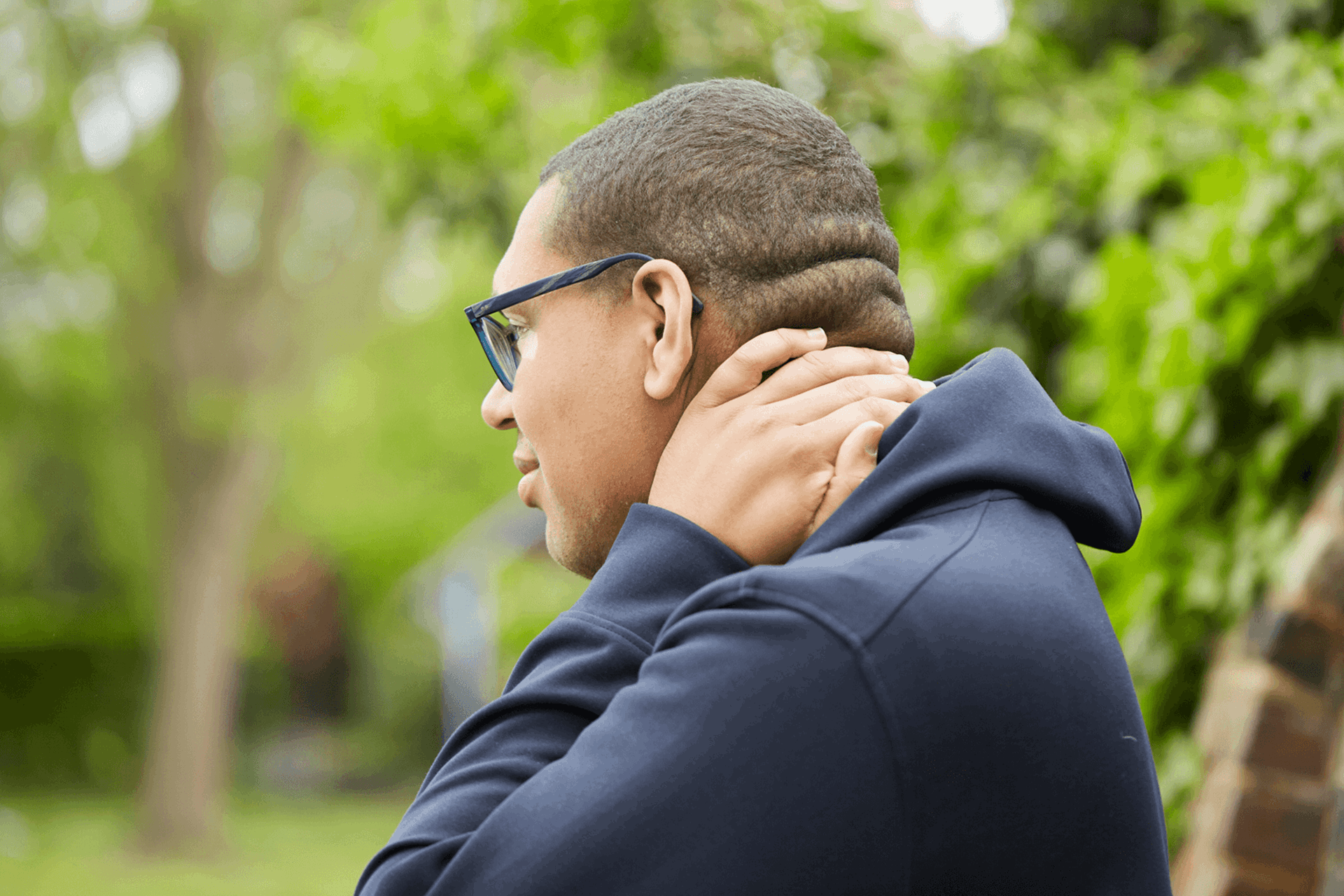Who self-harms?
People of all ages and backgrounds self-harm. It can affect anyone. We don’t know why some people self-harm while others don’t. But we do know that difficult or traumatic experiences can make people more likely to self-harm. And some communities are more likely to go through these difficult experiences. For example, members of the LGBTQIA+ community may experience stigma and discrimination against their sexual orientation or gender identity. And young people of colour might experience racism. These types of pressures may make people more likely to self-harm.
If you’re self-harming because you’re being treated badly, know that you matter. You are worthy of respect and love exactly the way you are, and you deserve help.









